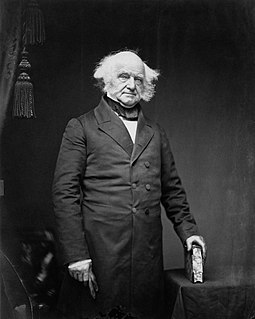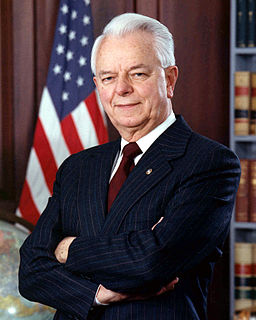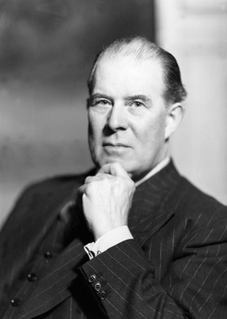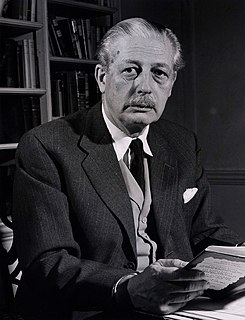A Quote by Martin Van Buren
With European powers no new subjects of difficulty have arisen, and those which were under discussion, although not terminated, do not present a more unfavorable aspect for the future preservation of that good understanding which it has ever been our desire to cultivate.
Related Quotes
Now with the allocation and the understanding of the lack of understanding, we enter into a new era of science in which we feel nothing more than so much so as to say that those within themselves, comporary or non-comporary, will figuratively figure into the folding of our non-understanding and our partial understanding to the networks of which we all draw our source and conclusions from.
Our past as well as our future. It could have been completely destroyed when we were brought to the New World as slaves. They even took away our drums. And I don't want to talk about all those negative things going on. But its music is more present in our lives than ever. Blues, samba, calypso, reggae, jazz, salsa, Africa is everywhere.
Celebration is not because some desire is fulfilled - because no desire is ever fulfilled. Desire as such cannot be fulfilled. Desire is only a way to avoid the present moment. Desire creates the future and takes you far away. Desire is a drug; it keeps you stoned, it does not allow you to see the reality - that which is herenow.
Many years have passed since that night. The wall of the staircase up which I had watched the light of his candle gradually climb was long ago demolished. And in myself, too, many things have perished which I imagined would last for ever, and new ones have arisen, giving birth to new sorrows and new joys which in those days I could not have foreseen, just as now the old are hard to understand.
There are some places which, seen for the first time, yet seem to strike a chord of recollection. "I have been here before," we think to ourselves, "and this is one of my true homes." It is no mystery for those philosophers who hold that all which we shall see, with all which we have seen and are seeing, exists already in an eternal now; that all those places are home to us which in the pattern of our life are twisting, in past, present and future, tendrils of remembrance round our heart-strings.
Although I am still in favour of a National Government in these difficult times, and shall probably be found in the great majority of cases in the Government Lobby, there are some issues that have arisen, or are likely to arise, upon which I am unable to give the Government the support which it has, perhaps, the right to expect from those receiving the Government Whip. It occurs to me, therefore, that it would perhaps be more satisfactory if I was no longer regarded as being among the supporters of the present Administration.
Almost by definition, secularism cannot be a future: it's a present-tense culture that over time disconnects a society from cross-generational purpose. Which is why there are no examples of sustained atheist civilizations. "Atheistic humanism" became inhumanism in the hands of the Fascists and Communists and, in its less malign form in today's European Union, a kind of dehumamism in which a present-tense culture amuses itself to extinction. Post-Christian European culture is already post-cultural and, with its surging Muslim populations, will soon be post-European.
Our tenet ever was . . . that Congress had not unlimited powers to provide for the general welfare, but were restrained to those specifically enumerated; and that, as it was never meant that they should provide for that welfare but by the exercise of the enumerated powers, so it could not have been meant they should raise money for purposes which the enumeration did not place under their action.
All our language about the future ... is like a set of signposts pointing into a bright mist ... the New Testament image of the future hope of the whole cosmos, grounded in the resurrection of Jesus, gives as coherent a picture as we need or could have of the future that is promised to the whole world, a future in which, under the sovereign and wise rule of the creator God, decay and death will be done away with and a new creation born, to which the present one will stand as mother to child.

































